Germany; a country known all around the world for their high quality engineering, attention to detail, and car manufacturing. You can go to pretty much any country in the world and it won’t be too long before you come across a German vehicle, and with the Germans winning the World Cup in 2014, and humiliating the hosts Brazil along the way, Germany was pushed into the global limelight even more, so we thought we’d explore a lesser-known coffee culture of Germany.
When you think of Germany and beverages, you’d be forgiven for thinking of beer straight away. Germany are a big beer-drinking nation, with German beer festivals becoming popular events in the UK and in other countries too. So let’s go back to the start and look at whether the Germans actually do drink coffee at all.
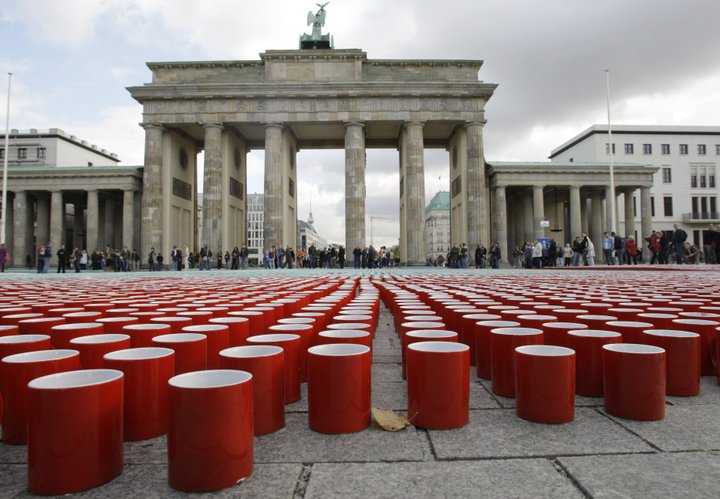
Coffee Drinkers of Germany
According to a study undertaken in 2012, 86% of German adults drink coffee on a regular basis, with most drinking daily. This is a very high percentage of adults that get their caffeine fix quite often, but it’s next statistic that proved to be the most surprising. The report found that approximately 150 litres of coffee is consumed per person per year in Germany, making coffee the most popular drink in Germany, more so than beer and even water.
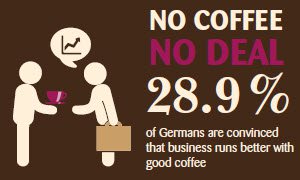
This might come as a bit of a shock to you, when we think of Europe and coffee, we think about Italy and their proud coffee heritage or the quaint outdoor cafes of France, but cast your mind back to our Influence of Coffee Infographic, and you’ll find that Germany is the world’s second biggest coffee importer, buying twice the amount of coffee that Italy do per year. That’s a lot of coffee.
Rich Traditions
Germany’s relationship with coffee stretches far beyond just drinking a lot of coffee, but Germany has had a big hand in changing and influencing the way that coffee is made and consumed all around the world. Here at the Coffee Tasting Club we’re big fans of drip coffee making; it’s quick, easy, simple to clean up, makes a great tasting coffee, and was invented in Germany by a lady called Melitta Bentz (there’s some solid pub quiz knowledge for you right there).
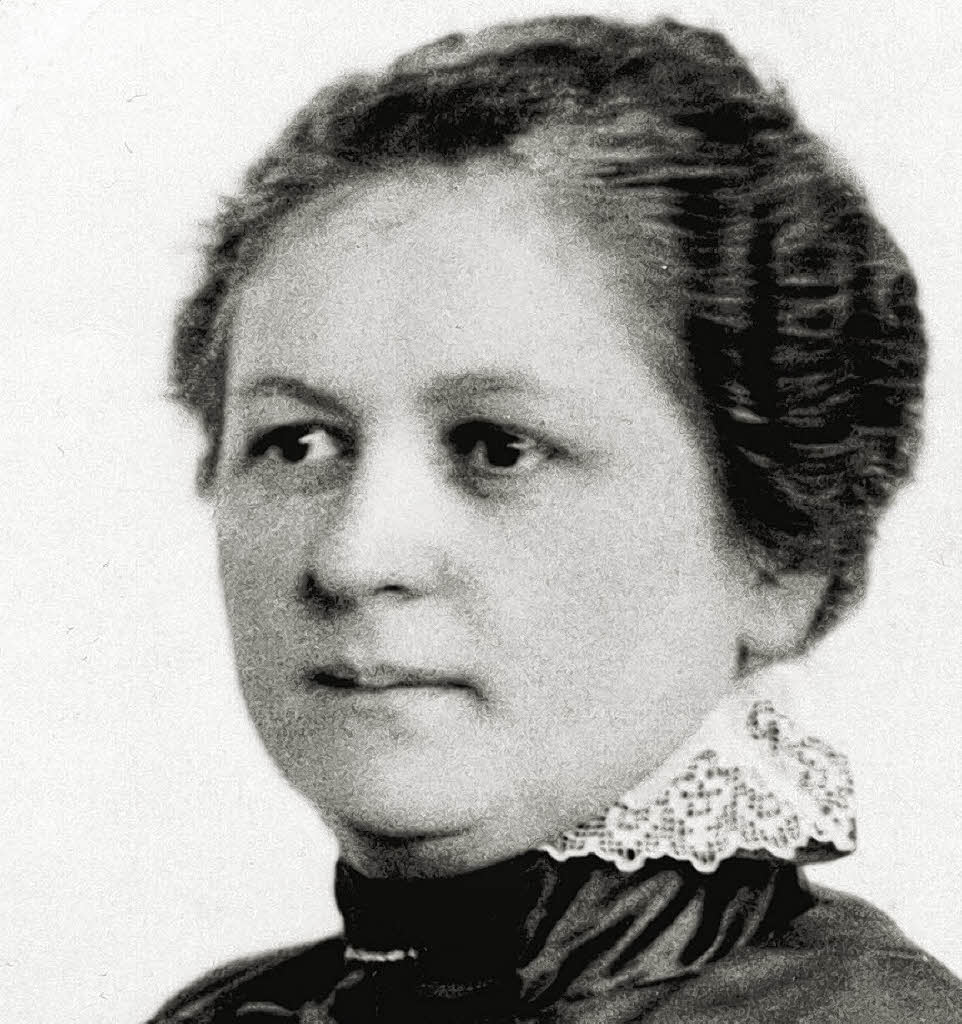
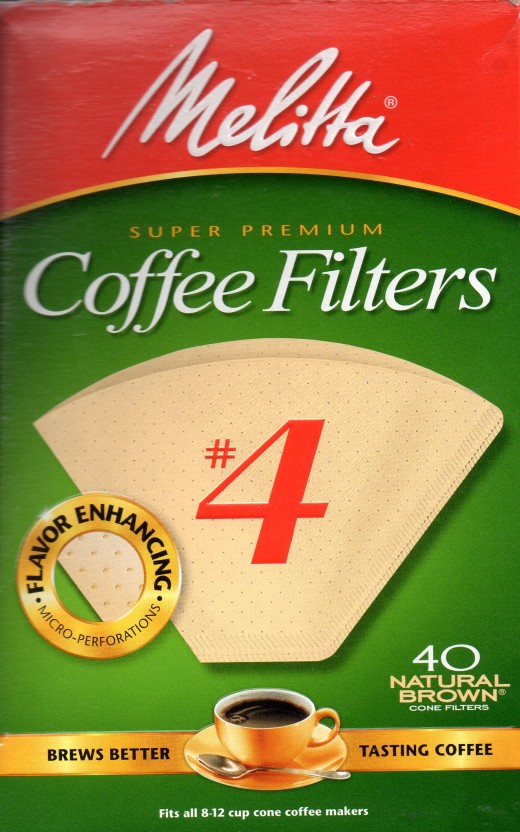
Like most entrepreneurs, Mrs Bentz had a problem which she solved with some very clever, yet very simple thinking. She was a housewife, so spent a lot of time preparing food and making drinks, and she found that percolated coffee would brew the coffee too much, so gave espressos a try instead. She then found that the espresso makers of her day left grounds in the coffee, so taking some paper from her son’s school book, Melitta set about creating a filter to sieve out the grounds when she made the coffee.
She found that this worked brilliantly. There were no grounds in the drink and the coffee tasted really nice too, so Melitta patented her paper idea, set up her own company, and there we have it – coffee filter paper was invented.
Today drip coffee is still the most preferred method of coffee brewing in Germany and Melitta is one of the the country’s biggest companies, still making coffee filters and a range of other products.
Stuck In Their Ways?
Despite being one of the largest coffee markets in the world we don’t really hear too much about the German coffee culture. The reason for this could be that Germany seems to be slightly reluctant to try new coffee types and move with the times.
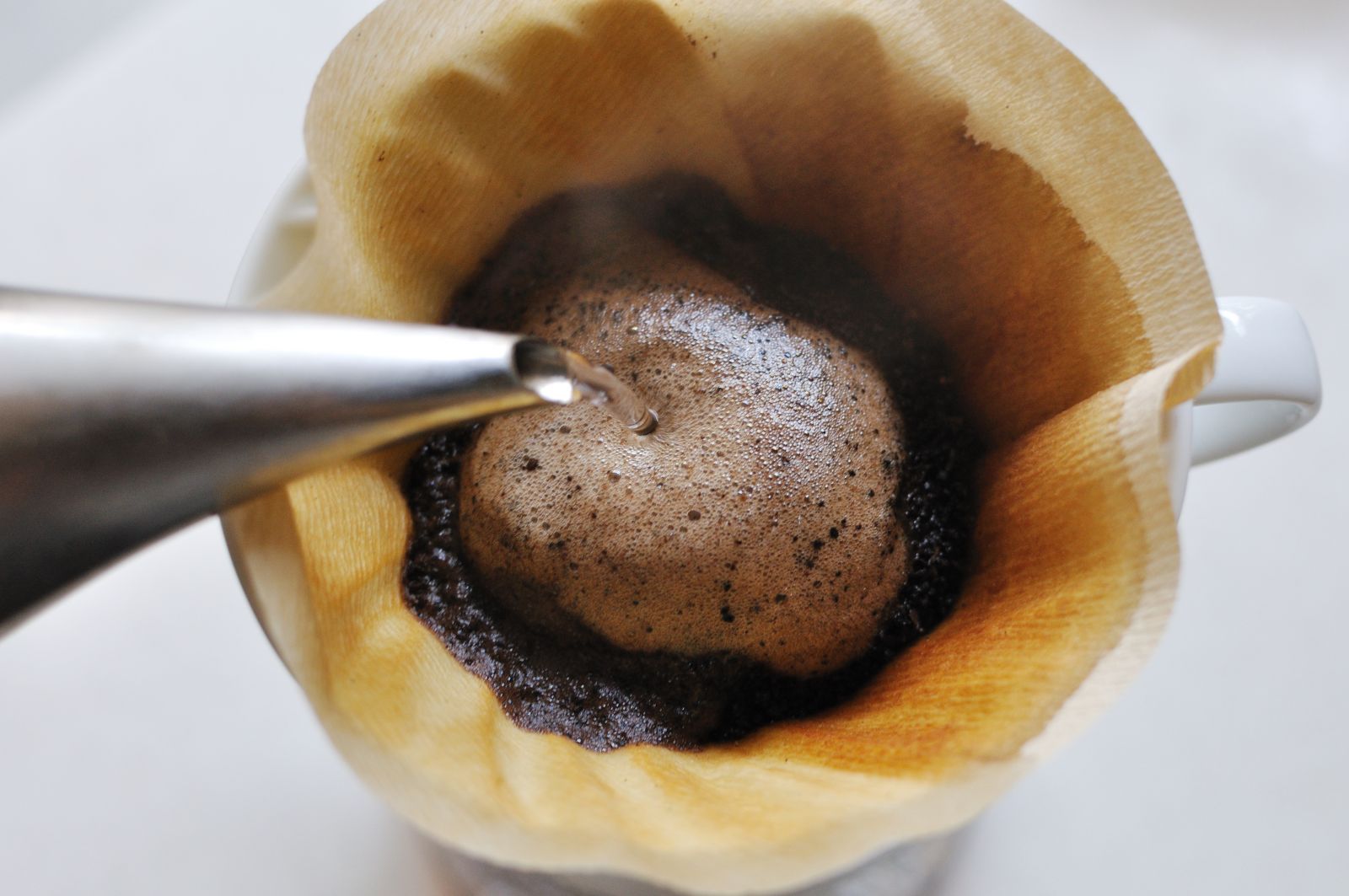
Yes, the big name chains have made their way into Germany (but where can you go where they haven’t?) but the German coffee taste is still very much for drip coffee and quantity still gets the nod ahead of quality. There doesn’t seem to be too much regard for the taste or the coffee ‘experience’, but Germans like their good old fashion dripped filter coffee, and a lot of it too. This is probably why we associate beer with Germany more so than coffee, because they experiment with their beer and aim to constantly make it better and have become known for the quality of their beer and celebrate it too. Coffee however is fine as it is and the Germans seem to be happy with it.
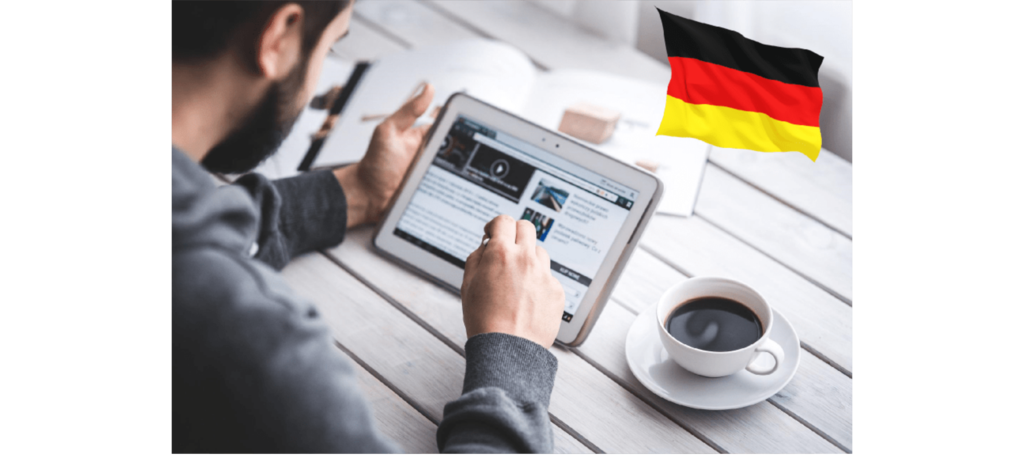
Of course you can get some forms of ‘speciality’ coffee in German coffee houses, such as lattes and cappuccinos, however you won’t find a skilled barista putting lots of effort into making it, but somebody putting your cup into a machine and pressing the button of the coffee of your choice. Many people might see this as a step in the right direction for the coffee culture of Germany, but for now we can thank them for introducing the world to filter paper, high quality cars and great tasting beer.
The Coffee Tasting club
